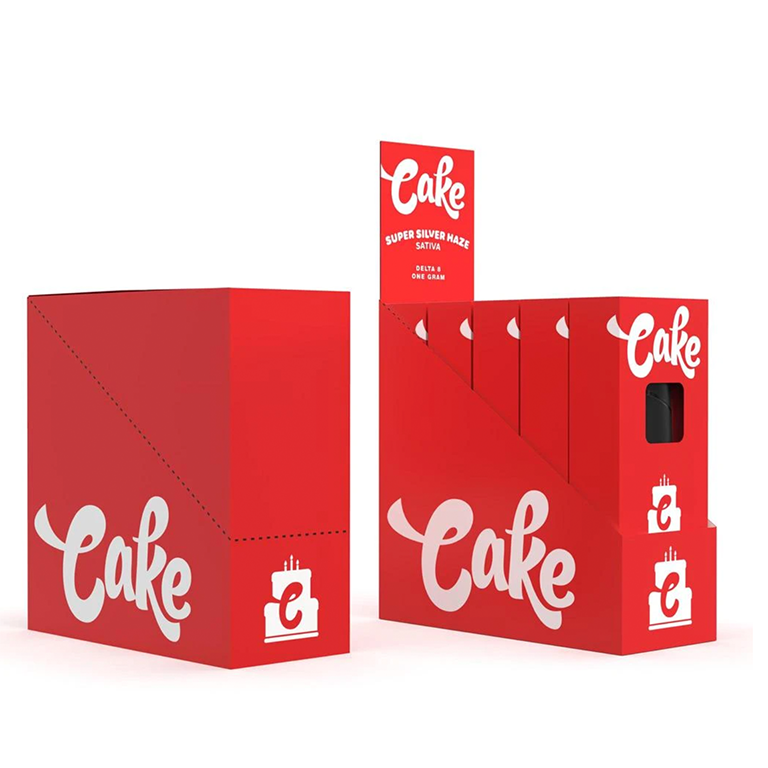


For example, blood tests and saliva tests can detect the presence of THC in your system for up to two days. You may be surprised to learn that tests used to detect cannabis use can actually yield positive results for up to two months or even more. If you’ve been a cannabis user for a while, you know that the type of test used to detect THC can affect how long your body will test positive for the cannabinoid. What type of drug test is being used? The length of time different drugs show up in the body can vary widely depending on the test used. When we talk about pre-employment drug tests, it’s natural to focus on THC. Because of this, many consumers have shown interest in taking Delta 8 as a treatment for chronic pain, inflammatory conditions, and nausea/vomiting associated with chemotherapy or other illnesses. But some claim that its effects are much milder and smoother than those of its counterpart. It’s an isomer of Delta 9 THC and is also psychoactive, which can get the user high. What is Delta 8?ĭelta 8 THC, also known as Delta 8 tetrahydrocannabinol, has been making waves in the cannabis community lately. And since drug tests can detect metabolites from any type of THC, there is a high chance of failing if delta 8 is consumed. This means it affects the body differently, producing less of the high or stoned feeling that many cannabis consumers seek.īottom Line Up Front: Those concerned about drug testing may be wondering, “how long does delta 8 stay in your system?” Generally, THC stays in the body for between five to ten days but this can changed based on a variety of factors. It’s a cannabinoid with a different chemical structure to Delta 9 THC. Sound ideal? That’s what Delta 8-tetrahydrocannabinol (THC) is. Imagine a cannabinoid with around half the potency of THC and produces fewer psychotropic effects.


 0 kommentar(er)
0 kommentar(er)
